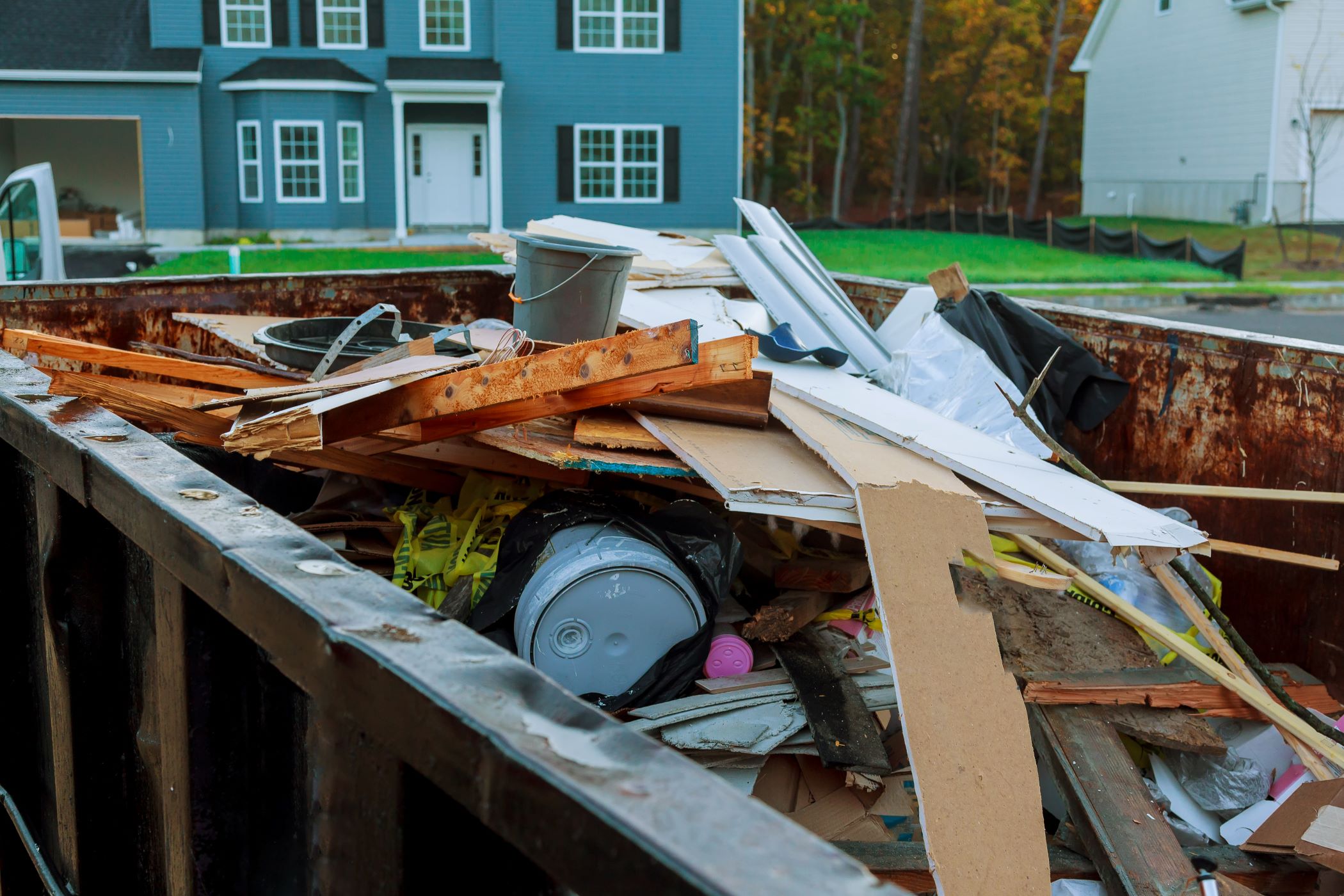Renovation projects generate a significant amount of waste, and without a proper disposal plan, debris can pile up quickly, causing delays, safety hazards, and added costs. Contractors need an efficient waste management strategy to keep the worksite clean, comply with regulations, and enhance productivity. Here’s a checklist to help plan your waste disposal effectively during large-scale renovations.
Assess the Scope of Waste Generation
- Identify the types of waste expected (e.g., wood, drywall, concrete, metal, hazardous materials).
- Estimate the volume of debris to determine the right bin size.
- Separate recyclable materials from non-recyclables.
Choose the Right Dumpster Rental Service
- Select a reliable provider like Mr. Waste that offers flexible rental options.
- Determine the correct bin size based on the project’s waste output.
- Check for rental terms, including pickup schedules and weight limits.
Follow Local Waste Disposal Regulations
- Research municipal guidelines on waste disposal and recycling.
- Ensure proper disposal of hazardous materials like asbestos or lead paint.
- Obtain any required permits for placing dumpsters on public property.
Set Up a Designated Waste Collection Area
- Allocate a safe and accessible area for the dumpster.
- Use signage to guide workers on where to dispose of different materials.
- Keep the site organized to prevent overflow and safety hazards.
Implement a Recycling Plan
- Separate recyclable materials such as metal, wood, and concrete.
- Coordinate with local recycling facilities to reduce landfill waste.
- Consider donating reusable items like fixtures, cabinets, or doors.
Schedule Regular Waste Removal
- Arrange for timely pickups to prevent overflow and maintain a clutter-free worksite.
- Adjust collection frequency based on project progress and waste accumulation.
- Monitor waste levels and order additional bins if necessary.
Train Workers on Proper Waste Disposal
- Educate your team on sorting waste materials correctly.
- Establish clear guidelines on handling hazardous waste.
- Reinforce the importance of keeping the site clean and organized.
Monitor and Adjust Your Waste Disposal Strategy
- Conduct regular inspections to ensure compliance with disposal procedures.
- Track waste disposal costs and identify areas for improvement.
- Make adjustments based on unexpected changes in waste volume.
Conclusion
Proper waste disposal planning is essential for the smooth execution of a renovation project. By assessing waste output, choosing the right dumpster rental, following regulations, and implementing a recycling plan, contractors can improve efficiency and reduce environmental impact.
For a hassle-free waste management solution, contact Mr. Waste to rent a contractor bin and keep your project site clean and organized!

